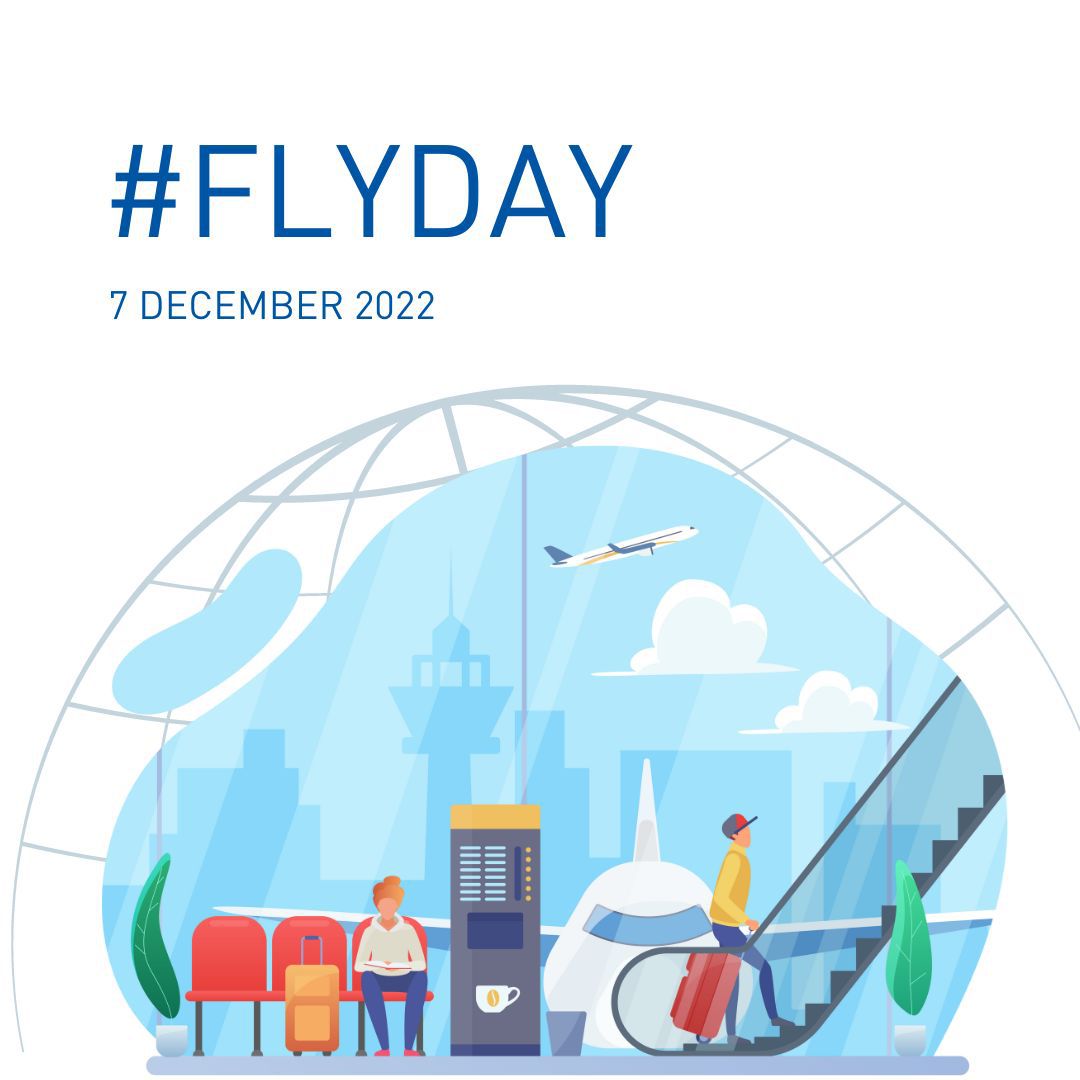On 7 December every year, we celebrate International Civil Aviation Day (ICAD) in commemoration of the States’ signing of the Convention on International Civil Aviation (Chicago Convention) in 1944. We recognize ICAD to increase awareness of the importance of international civil aviation to the social and economic development of States, and of the unique role we serve in assisting States to cooperate and realize a truly global rapid transit network at the service of all mankind.
 When the UN and world nations adopted Agenda 2030, we embarked on a new era of global sustainable development. The importance of aviation as an engine of global connectivity has never been more relevant to the Chicago Convention’s objectives to look to international flight as a fundamental enabler of global peace and prosperity.
When the UN and world nations adopted Agenda 2030, we embarked on a new era of global sustainable development. The importance of aviation as an engine of global connectivity has never been more relevant to the Chicago Convention’s objectives to look to international flight as a fundamental enabler of global peace and prosperity.
ICAO Council President Salvatore Sciacchitano, and Secretary General Juan Carlos Salazar, have issued statements that promote the ICAO Council’s ICAD theme of:
Advancing Innovation for Global Aviation Development
During the 40th Session of the ICAO Assembly, in 2019, countries adopted a resolution on Innovation in Aviation, recognizing the significant potential of current cutting-edge aeronautical and scientific developments to dramatically improve air transport environmental sustainability, in addition to aviation safety, efficiency, security, facilitation, and economic development. They also drew attention to the role of ICAO in accompanying its Member States in the integration of these new technologies in the civil aviation system.
ICAO established an online Innovation site and is working to promote and accelerate the adoption of new technologies and approaches for civil society benefit. We also launched a related global youth competition at this year’s ICAO Innovation Fair.
Innovations can also lead to more efficient and streamlined aviation regulatory processes, and a new ICAO Transformational Objective and 2023-2025 Business Plan are in progress.
 7 December statement of Mr. Salvatore Sciacchitano, ICAO Council President
7 December statement of Mr. Salvatore Sciacchitano, ICAO Council President
Every year on 7 December, the global community celebrates International Civil Aviation Day.
This year, we celebrate International Civil Aviation Day with a heightened sense of hope, and great confidence for the future, the theme being Advancing Innovation for Global Aviation Development.
But at the same time, the waning pandemic has reinforced our collective awareness of the fragility of our global village, and of aviation’s critical role in keeping it connected when humanity needs it most.
The States participating at this year’s 41st ICAO Assembly have accordingly adopted important decisions supporting the future safety, security, and sustainability of air transport, including a key global agreement to achieve its total decarbonization by 2050.
The ICAO Council’s theme for International Civil Aviation Day, therefore, focuses public and private sector leaders on the key role that innovation is playing in realizing this crucial new vision for 21st century air transport, and as a United Nations agency, ICAO will continue to support and accelerate the critical technological progress required to assure that aviation can continue to play its part for our world and its societies.
 7 December statement of Mr. Juan Carlos Salazar, ICAO Secretary General
7 December statement of Mr. Juan Carlos Salazar, ICAO Secretary General
This International Civil Aviation Day, ICAO is once again promoting the key importance of enabling innovation for aviation development, while celebrating countries’ recent and very successful negotiations toward a new vision for more sustainable and resilient global flights.
This agreed long-term global goal of net-zero air transport carbon emissions by 2050 is ambitious and attainable, and cutting-edge innovations in aircraft fuels, design, and propulsion will play a major role in how we achieve it.
States have also adopted some key strategic decisions this year in the triennial Assembly on how to better prepare the sector for future public health and other types of crises, and here too innovation will play a critical part in assuring every passenger’s expectation in terms of the safety, security, health, reliability, and convenience of their air travel experience.
Several world regions have seen a full return to pre-pandemic air traffic levels for commercial passenger travel, and there continues to be a positive outlook for a full world air transport recovery, as we continue our collective efforts in the aviation community to reconnect the world. A sustainable and more resilient future for aviation is fully achievable, and as always we will accomplish it by working together with our Member States and other partners and stakeholders.

